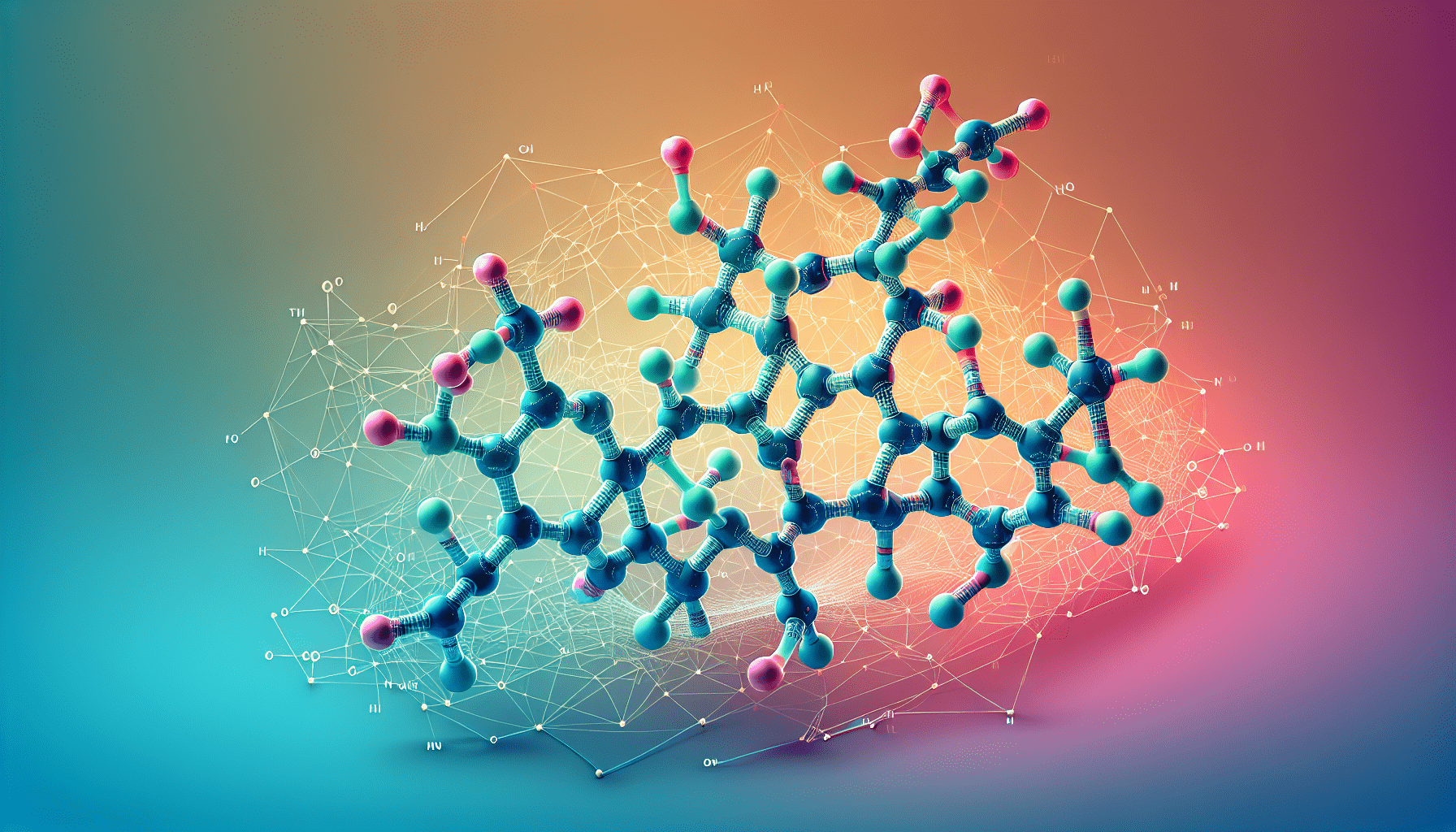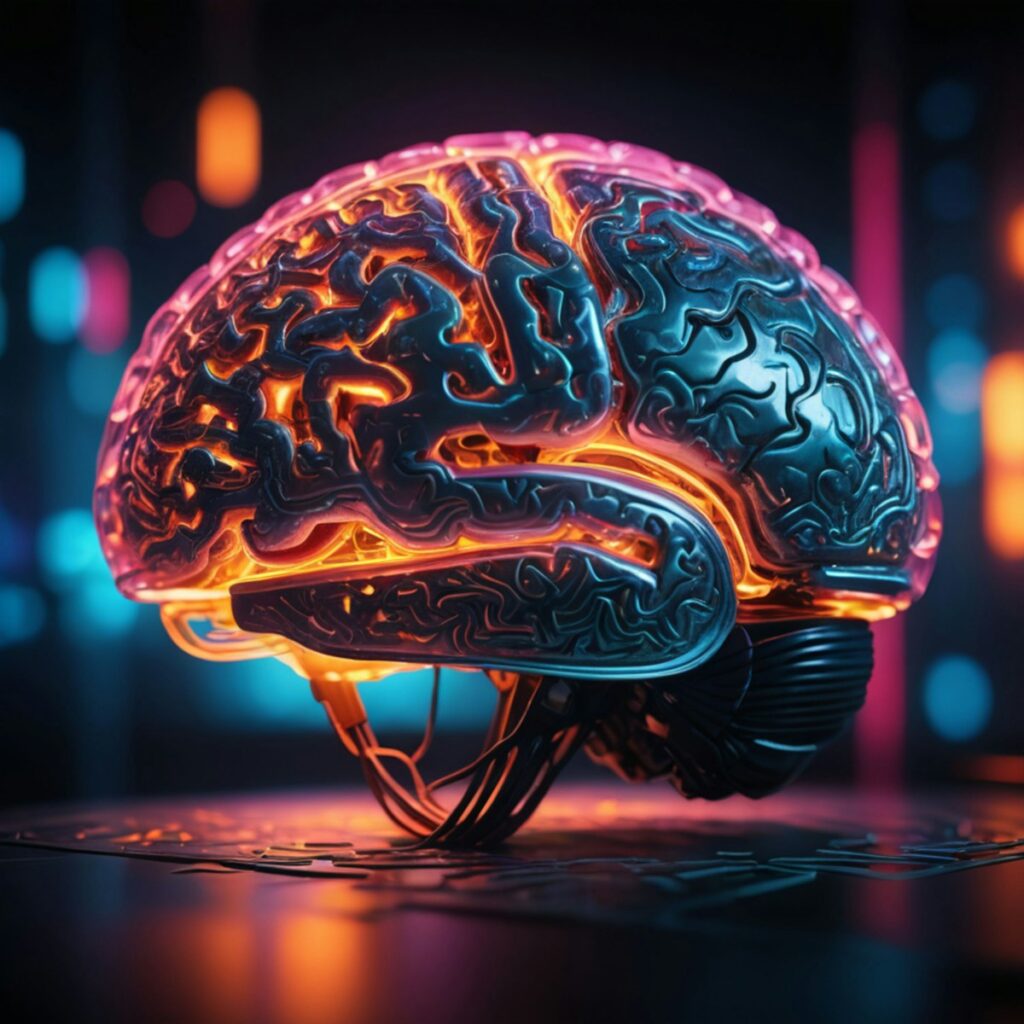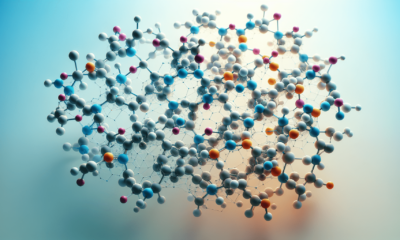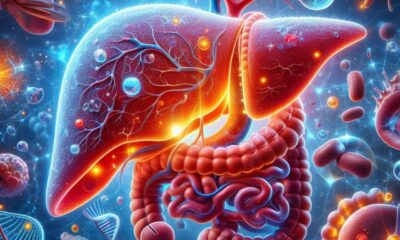Health
Understanding What Is Pregnenolone
Discover the essential benefits of pregnenolone. Learn how this key hormone precursor impacts health, mood, and cognition in our in-depth guide.
Have you ever wondered what pregnenolone is and why it matters? If so, you’re not alone. It’s a topic that can seem complex and shrouded in mystery, but understanding it can provide valuable insights into your health and well-being.

What Is Pregnenolone?
Pregnenolone is a naturally occurring steroid hormone produced primarily in the adrenal glands, but also in the liver, brain, and gonads. It’s a precursor hormone, meaning it serves as a building block for other hormones, including cortisol, progesterone, and testosterone. Think of it as the cornerstone of your hormone production.
The Chemical Structure
The scientific formula for pregnenolone is C21H32O2. It is categorized as a C21 steroid, meaning it has 21 carbon atoms. Its molecular structure enables it to convert into other essential hormones through enzymatic processes in the body.
Historical Context
Discovered in the 1930s, pregnenolone was one of the first steroid hormones to be identified. Early research touted its potential for various health benefits, sparking interest that continues today. Over decades, its roles have been extensively studied, revealing a complex interplay in the endocrine system.
The Role of Pregnenolone in the Body
Pregnenolone plays multiple roles in human physiology, from acting as a precursor to numerous other hormones to directly affecting brain functionality. Its importance cannot be overstated.
Hormonal Precursor
As a precursor hormone, pregnenolone serves as a substrate for the production of:
- Progesterone: Important for menstrual cycle regulation and pregnancy.
- Cortisol: The ‘stress hormone’ crucial for your body’s response to stress.
- Testosterone and Estrogen: Vital for sexual health and secondary sexual characteristics.
Impact on Cognitive Function
Studies suggest that pregnenolone may improve cognitive function and reduce mental fatigue. It has been linked to memory enhancement and increased clarity of thought. This is why some researchers refer to it as a “neurosteroid.”
Mood Regulation
Pregnenolone has also been found to have mood-regulating properties. Some evidence suggests it may help alleviate symptoms of depression and anxiety. This is likely due to its role in the synthesis of other hormones that influence mental well-being.
How Is Pregnenolone Produced?
Your body naturally produces pregnenolone through a series of enzymatic reactions. Understanding this process helps explain its multifaceted roles.
Starting with Cholesterol
The production of pregnenolone begins with cholesterol. Inside your cells, cholesterol undergoes enzymatic conversion to pregnenolone. This initial step is crucial and governed by various factors, including nutritional status and overall health.
Enzymatic Conversion
Enzymes such as cytochrome P450scc facilitate the conversion of cholesterol to pregnenolone. This occurs mainly in the mitochondria of adrenal cortex cells but can also happen in the brain and liver. From here, pregnenolone can convert into other hormones through additional enzymatic actions.
Factors Affecting Pregnenolone Levels
Various factors can influence the levels of pregnenolone in your body. It’s important to understand these to maintain a balance and promote overall health.
Age
As you age, your body’s production of pregnenolone naturally declines. This decline can contribute to a host of symptoms commonly associated with aging, such as reduced mental sharpness and lower energy levels.
Stress
Chronic stress can negatively affect pregnenolone levels. High stress often leads to elevated cortisol, which can deplete pregnenolone reserves since it’s also a precursor to cortisol.
Diet and Lifestyle
Your diet can influence pregnenolone production. A diet rich in healthy fats and nutrients supports the conversion of cholesterol to pregnenolone. Regular exercise and a balanced lifestyle also play significant roles.

Supplementation: Benefits and Risks
Given its numerous roles, you might consider supplementing pregnenolone. It’s essential to weigh the benefits and risks before making any decisions.
Potential Benefits
- Cognitive Function: Possible enhancement in memory and mental clarity.
- Mood Regulation: May alleviate symptoms of anxiety and depression.
- Energy Levels: Can potentially boost overall energy and vitality.
Risks and Side Effects
- Hormonal Imbalance: Over-supplementation can disrupt the balance of other hormones.
- Side Effects: Some people experience headaches, irritability, and heart palpitations.
- Regulation: Pregnenolone supplements are not FDA-approved, which means inconsistent quality and dosing.
Recommended Dosage
Always consult with a healthcare provider for personalized advice. Dosages typically range from 5 to 50 mg per day, depending on individual needs and health goals.
Pregnenolone and Medical Conditions
Understanding the link between pregnenolone and various medical conditions can offer insightful perspectives on its potential uses and benefits.
Alzheimer’s Disease
Some studies suggest pregnenolone may help in preventing or slowing down Alzheimer’s disease. Its role in neuroprotection and cognitive enhancement is believed to contribute to this potential benefit.
Depression and Anxiety
Due to its mood-regulating properties, pregnenolone is being studied for its effectiveness in treating depression and anxiety. Preliminary research is promising, though more studies are needed to establish definitive benefits.
Adrenal Fatigue
Pregnenolone supplementation is sometimes recommended for those suffering from adrenal fatigue. By boosting the production of essential hormones, it may relieve symptoms of chronic stress and exhaustion.
How to Measure Pregnenolone Levels
Knowing your pregnenolone levels can be crucial for diagnosing imbalances or deficiencies. There are a few methods to measure these levels accurately.
Blood Tests
Blood tests are the most common method for measuring pregnenolone levels. These tests provide a snapshot of your current hormone levels and can be pivotal for diagnosing deficiencies or imbalances.
Saliva Tests
Saliva tests are another method, though they are less common. They are typically used when assessing chronic hormone imbalances affecting the adrenal glands.
Interpreting Results
Once you have your results, it’s crucial to interpret them correctly. Your healthcare provider will consider various factors, including age, sex, and overall health, to determine your pregnenolone levels’ significance.
Natural Ways to Boost Pregnenolone
If you prefer natural methods to maintain or enhance your pregnenolone levels, there are several lifestyle changes that can help.
Diet
A diet rich in healthy fats, proteins, and essential micronutrients can support the natural production of pregnenolone. Foods like avocados, nuts, seeds, and eggs are excellent choices.
Exercise
Regular exercise promotes overall hormone balance. Activities like yoga, weight lifting, and aerobic exercises can enhance pregnenolone production.
Stress Management
Managing stress is crucial for maintaining hormone balance. Techniques such as mindfulness, meditation, and breathing exercises can significantly reduce stress levels, thus supporting pregnenolone balance.
Pregnenolone and Its Relationship with Other Hormones
Understanding the interplay between pregnenolone and other hormones helps you appreciate its critical role in the endocrine system.
Progesterone
As a direct precursor to progesterone, pregnenolone is essential for reproductive health and menstrual cycle regulation.
DHEA and Testosterone
Pregnenolone converts into DHEA (Dehydroepiandrosterone) and subsequently testosterone, both of which are vital for sexual health, energy, and muscle mass.
Cortisol
Cortisol, known as the stress hormone, also relies on pregnenolone for its synthesis. Balancing cortisol and pregnenolone is crucial for stress management and overall well-being.
Frequently Asked Questions About Pregnenolone
To wrap up, let’s tackle some common questions people have about pregnenolone.
Is Pregnenolone Safe?
Pregnenolone is generally considered safe when taken in appropriate doses. However, it’s essential to consult your healthcare provider for personalized advice, especially if you have any underlying conditions.
Can Pregnenolone Help with Weight Loss?
While pregnenolone isn’t a weight loss supplement per se, its role in hormone balance can indirectly influence weight management. Balanced hormones can improve metabolism and energy levels, aiding weight management efforts.
What Are the Signs of Pregnenolone Deficiency?
Symptoms of deficiency can include reduced mental clarity, low energy levels, and mood disturbances. However, these symptoms can be attributed to various factors, so proper testing is necessary for an accurate diagnosis.
Are There Any Drug Interactions?
Pregnenolone can interact with various medications, especially those affecting hormone levels. Always disclose all supplements and medications to your healthcare provider to avoid potential interactions.
How Quickly Can I See Results?
The time frame for noticing results varies depending on the individual and the reason for taking pregnenolone. Some people may observe changes within a few weeks, while others may take longer.
Conclusion
Understanding pregnenolone is crucial for appreciating its multifaceted roles in your body. From hormone synthesis to cognitive function and mood regulation, this hormone is a foundational element of your health. Whether considering natural ways to boost your levels or opting for supplementation, informed decisions based on comprehensive understanding will yield the best results for your well-being.
















